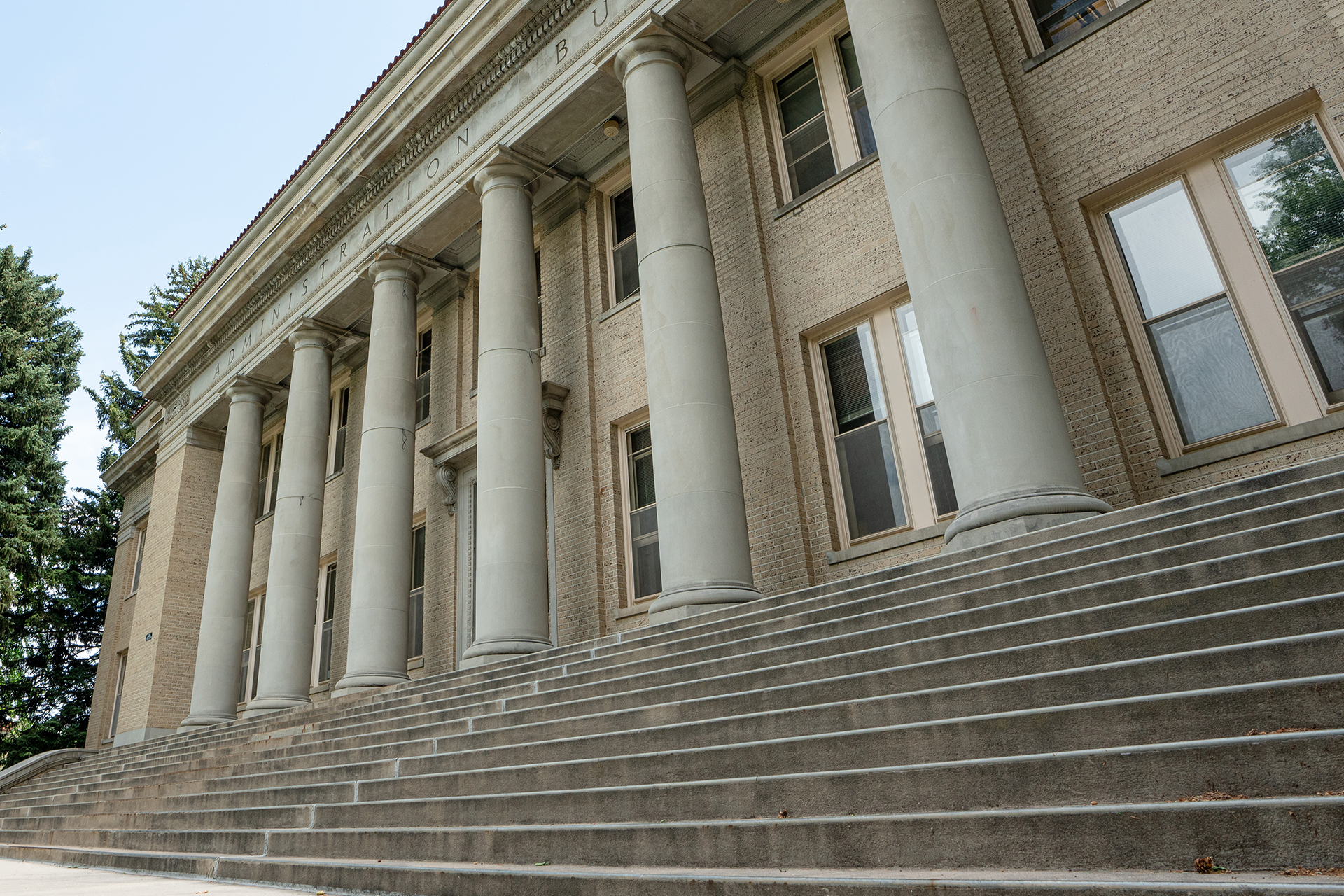
Colorado State University President Joyce McConnell welcomed more than 50 virtual attendees from around the state to an informal gathering of higher education institutions supporting undocumented students in Colorado on Friday, June 19. The meeting was conceived and organized by Kathy Sisneros, CSU assistant vice president for student affairs, who said that it grew out of ongoing discussions among those who share a commitment to undocumented students in Colorado and who wanted to learn from one another.
It also fell on the heels of a ruling by the U.S. Supreme Court to stall the Trump administration’s efforts to end the Deferred Action for Childhood Arrivals program.
The group heard from Angie Paccione, executive director of the Colorado Department of Higher Education, about the CDHE’s commitment to helping undocumented students in the state gain increased access to higher ed opportunities and from several students who identify as undocumented who shared their unique stories, experiences, and frustrations.
After the speakers, participants broke into small groups to discuss some of their own strategies, creative ideas, and challenges in supporting undocumented students.
“Today gave us the opportunity to connect, affirm our shared support for our students and to learn from one another,” Sisneros said of the meeting. “Many felt like we just touched the surface, there is a desire and commitment across the board to continue meeting.”
“Today gave us the opportunity to connect, affirm our shared support for our students and to learn from one another.”
— Kathy Sisneros, CSU assistant vice president for student affairs
McConnell said she hoped both Friday’s discussions and the specifics of the SCOTUS ruling would provide the impetus for further actions in Colorado and nationally.
“While the decision is great news,” she said, “it did not offer a solution to the situation of DACA and undocumented students across the country. We need Congress to pass the DREAM Act and provide them with permanent relief, then get back to work on comprehensive immigration reform.”
The DACA program allows certain young people who were brought to this country as children outside the formal immigration process to remain here without fear of deportation, as well as to work and to continue to pursue an education.
The DREAM Act (Development, Relief, and Education for Alien Minors) was first introduced in 2001 but failed to gain approval in both houses of the U.S. Congress. It has been reintroduced and failed to pass multiple times since then, most recently in 2017.